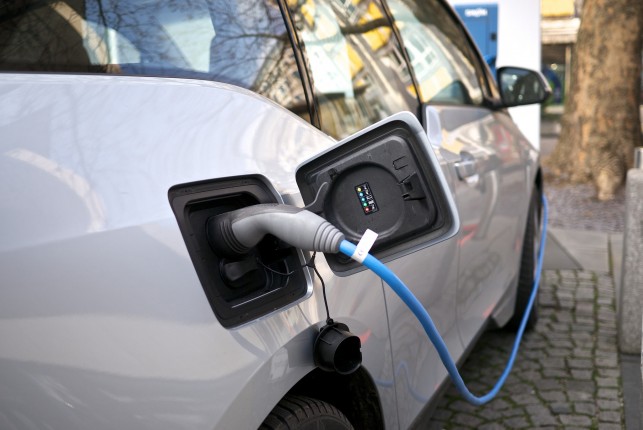11 Dec 2024

Tired Earth
By The Editorial Board

FOR YEARS NOW, greens have touted electric cars as a cardinal solution to the world’s problems.
Electric vehicles would not only lower carbon emissions, but also make our cities quieter and cleaner places. But hardcore science has always had some trouble with this pleasant illusion, given all the energy and materials needed to make an electric car in the first place.
Several recent studies have added another obvious qualifier: Electric vehicles can only make a difference on the carbon front if are they powered by low-carbon electricity over their lifetime. And that turns out to be a rare commodity in many places.
Let’s begin with manufacturing emissions, because that’s where electric cars have a big problem. It simply takes about twice as much energy to make an electric vehicle as it does a gas-powered one on a per-kilometre basis. And that’s because electric cars have battery issues and lower lifetime mileage. (Cold weather is a killer for electric batteries.)
In fact, the total embedded CO2 for the making of a gasoline-powered car is 5.6 tonnes. By contrast, it takes 8.8 tonnes to make an electric vehicle and the battery accounts for nearly half of that.
So electric vehicles arrive on the street with a higher carbon footprint even before you plug them in. And that footprint gets uglier if the electricity comes from coal-fired power.
A clever British study on electric vehicles captured the nuances with an apt title: Shades of Green. In 2013, the report concluded that electric vehicles juiced by coal-fired generation had four times the carbon emissions of vehicles fueled by low-carbon electricity such as hydro dams, geothermal and nuclear power.
As a consequence, Paraguay, Iceland, Sweden and Brazil topped the list as the greenest and most sensible places on Earth to drive an electric car.
In contrast, coal-fired India, South Africa, Australia, Indonesia and China ranked as the worst possible countries to champion electric vehicles. Thanks to coal emissions, driving an electric car in these places was just as polluting – or more so – than owning a gas guzzler.
The British study also found that the 10 countries with the lowest emissions for electric cars largely depended on hydroelectricity. The select list included the Congo, Norway, Nepal, Mozambique and, yes, Tajikistan. (Dams, of course, have their own ecological cost.)
A new 2015 study by Christopher Kennedy, a University of Toronto civil engineer, highlighted just why low-carbon electricity matters so much. Kennedy calculated that electric cars, high-speed rail and geothermal heating all come to naught unless the electricity powering those green items falls way below a threshold of 600 tonnes of CO2 for every gigawatt hour of electricity generated. (A gigawatt hour is a massive unit of energy equal to one billion watt-hours.)
Six hundred is an important number because at that threshold, electric and gasoline-powered cars have equivalent life cycle carbon emissions and remain climate disasters. Only four Canadian provinces, British Columbia, Manitoba, Ontario and Quebec have beat that target: their hydro and nuclear power delivers electrons to the grid at an amazing 20 tonnes of CO2 produced for every gigawatt hour. But coal-fired Alberta and Saskatchewan are another story. Their juice comes with a dirty footprint of 750 tonnes or greater.
To date, the research supports a few clear conclusions. Electric cars aren’t a panacea or even a stand-alone technology for carbon reduction. But when paired with low-carbon sources of gigawatts, electric vehicles can make a significant difference in some parts of the world.
In other words, public policy that adds more green power to the grid and removes cars of any kind from the street is probably the way to go.
Source : www.alternativesjournal.ca
Comment